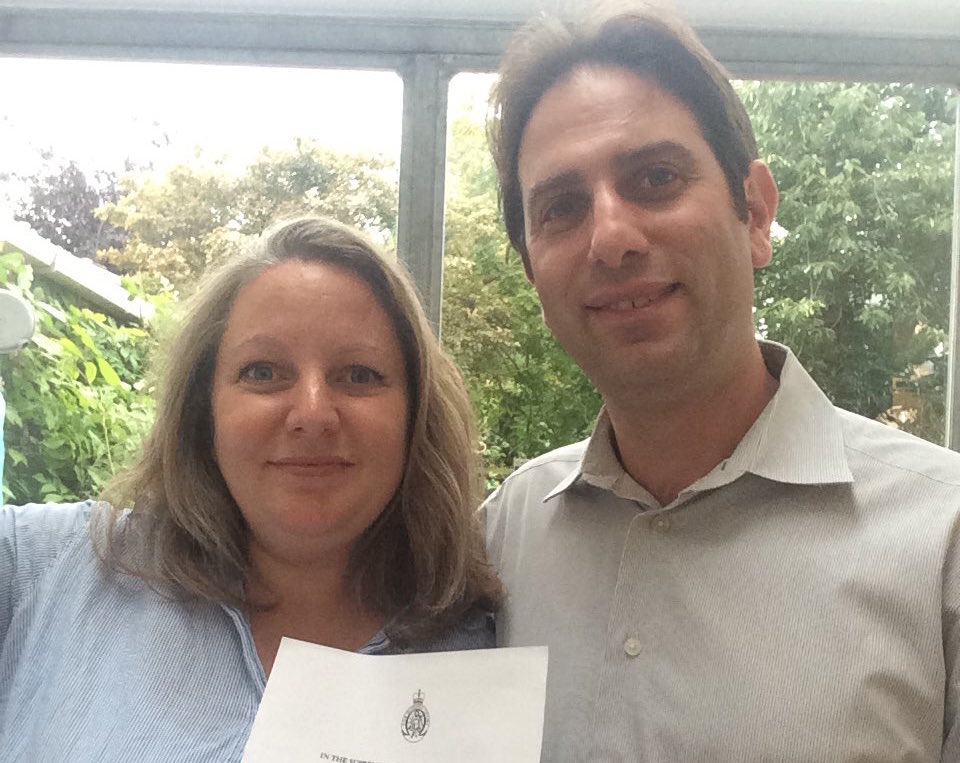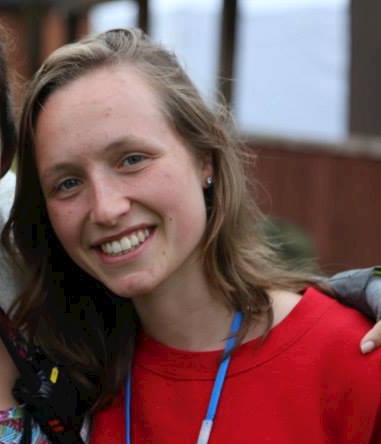Earlier this year, campaigners calling for civil partnerships to be extended to heterosexual couples had their challenge thrown out. However, they’ve now been told they can take the case to the UK’s highest court.
This week the Supreme Court officially granted them permission to appeal the earlier decision from the Court of Appeal.
Rebecca Steinfeld and Charles Keidan, who have been fighting for a change in the law, say there still “everything to fight for”
A difference in the law
Image credit: toanmda / Pixabay
The challenge comes after civil partnerships were introduced in the UK in 2004, but only made available to same sex couples. In 2013 the Government then introduced the right to marry, meaning gay couples are able to choose which type of union they prefer. Since 2014, couples who are in a civil partnership have also been able to convert it to a marriage if they wish.
Rebecca and Charles,who spearhead our case, granted permission to take equal civil partnership case to Supreme Court https://t.co/5pKahfW8K5
— Civil Partnerships (@EqualCPs) August 22, 2017
While both legislation are broadly the same, they do have a number of differences in the way. For example, the way the ceremony is carried out. Heterosexual couples, on the other hand, can only marry. The couple bringing this challenge argue this is discriminatory.
Justified discrimination?
In the case so far the Court of Appeal did actually agree with them to a certain extent. The Court said that the measure was discriminatory but that this discrimination was justified (which is allowed sometimes) because Parliament is considering the issue.
The previous ruling the High Court also went against the couple, with the judge saying it did not amount to an unlawful interference of their right to a private and family life.
Interestingly, other places have moved to make the unions open to everyone, with the Isle of Man opening up the ceremonies to heterosexual couples in 2016. However, we’ll have to wait and see if the Supreme Court thinks the UK should follow suit.








